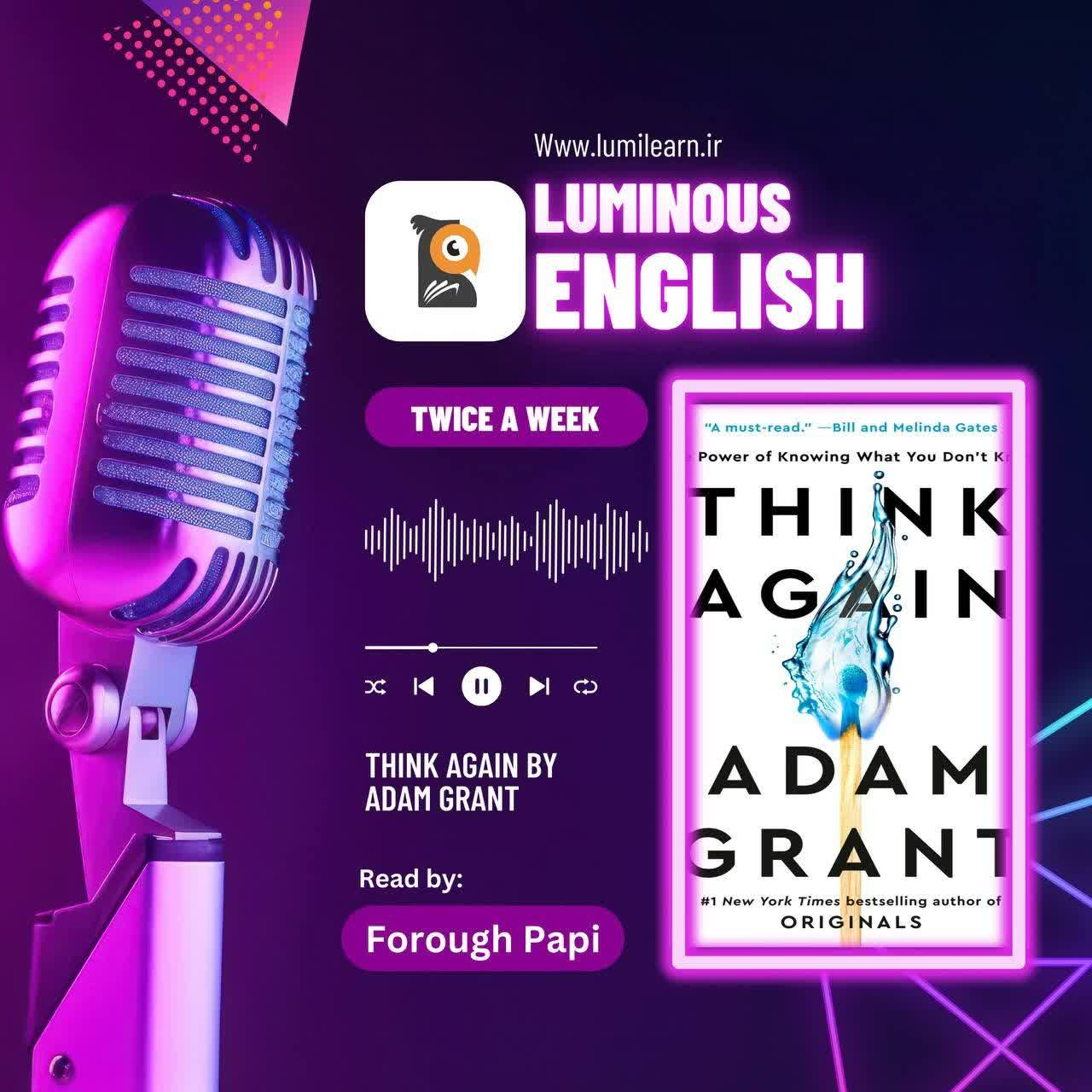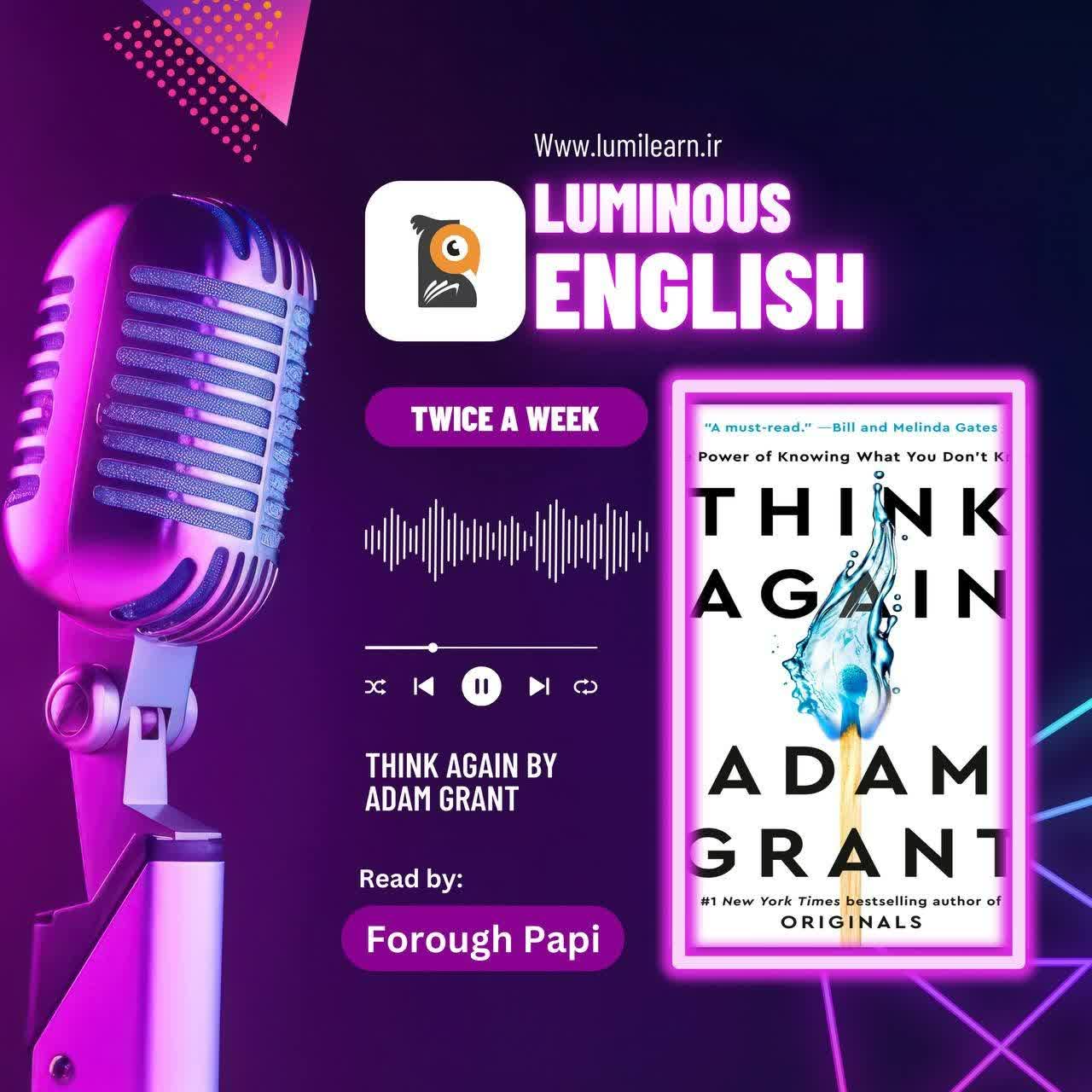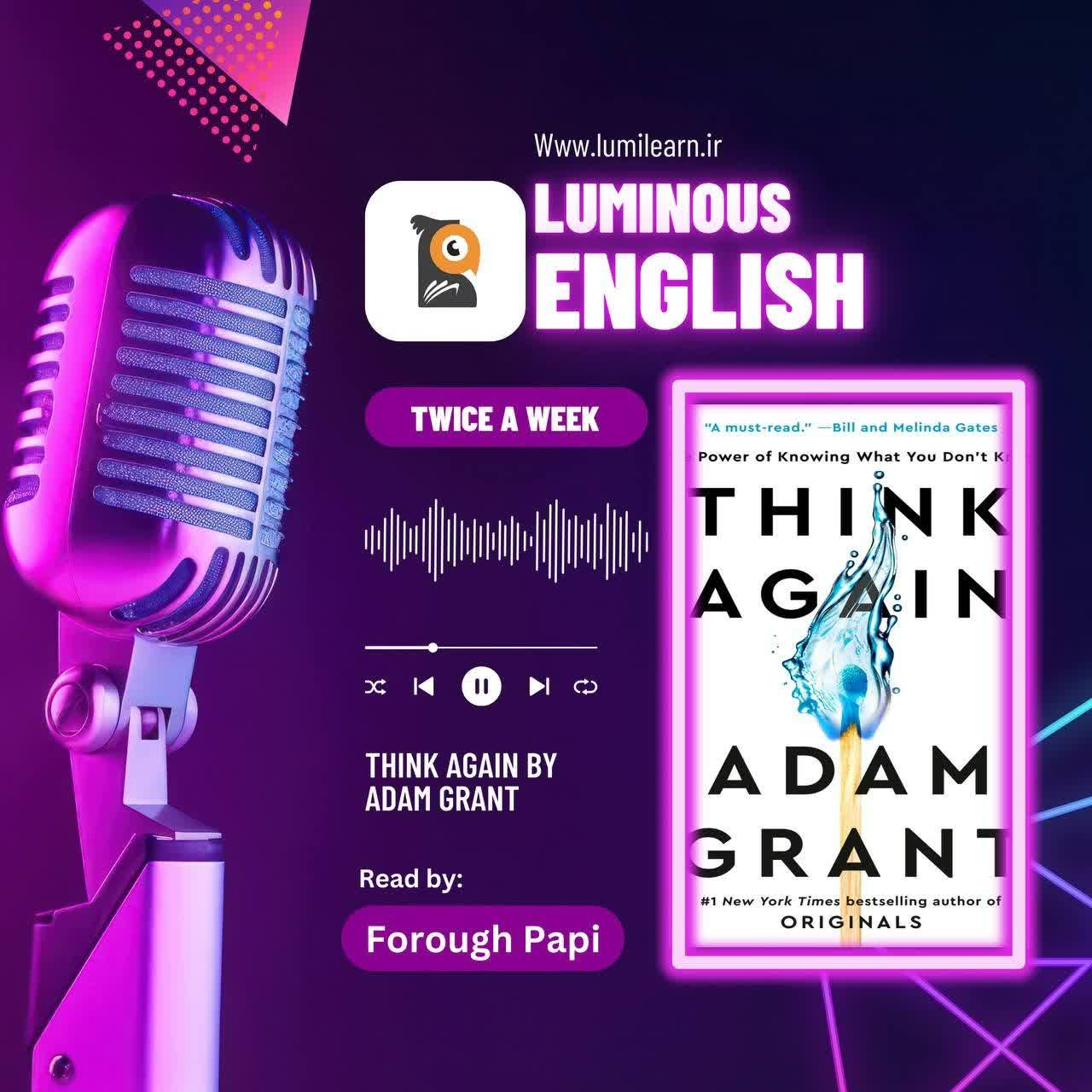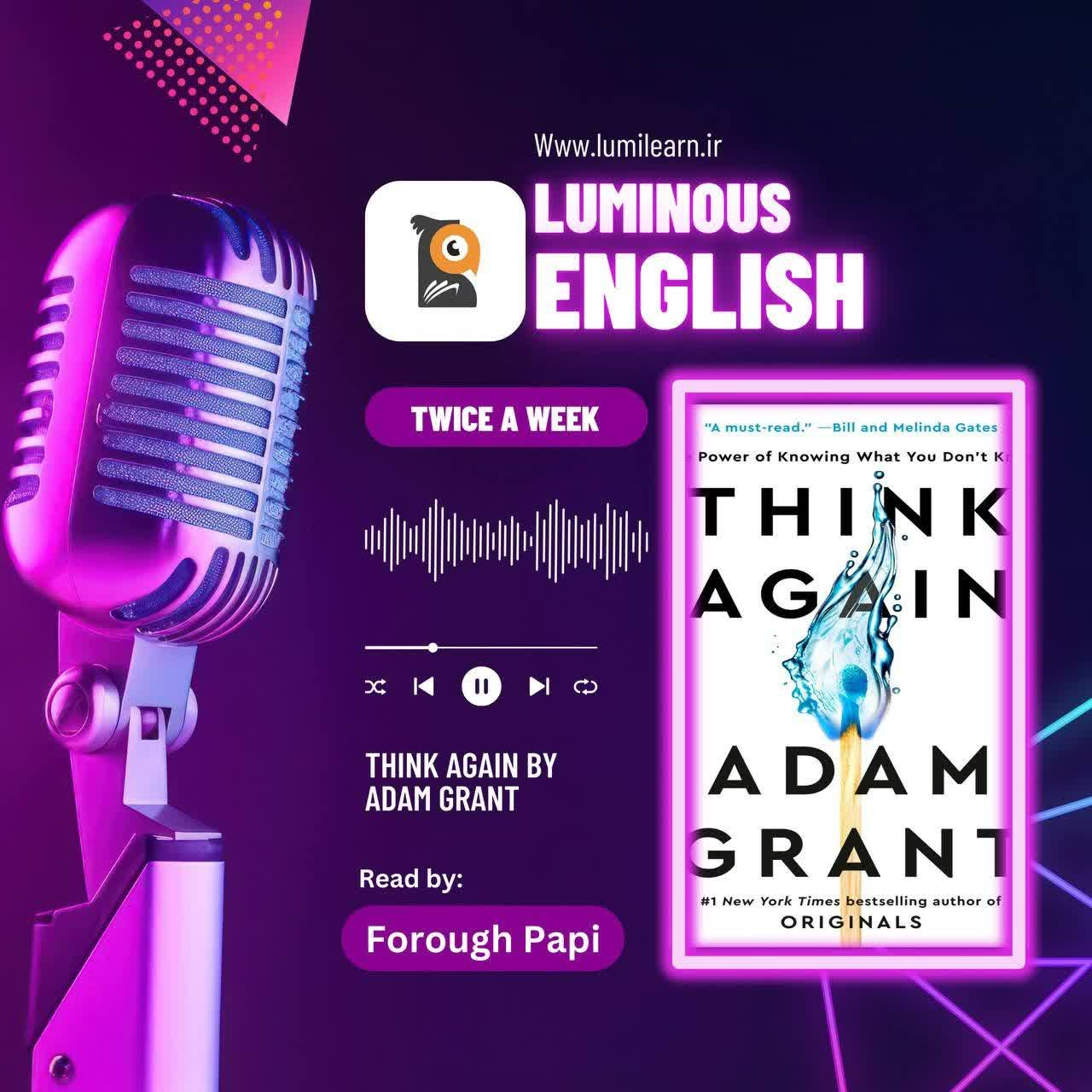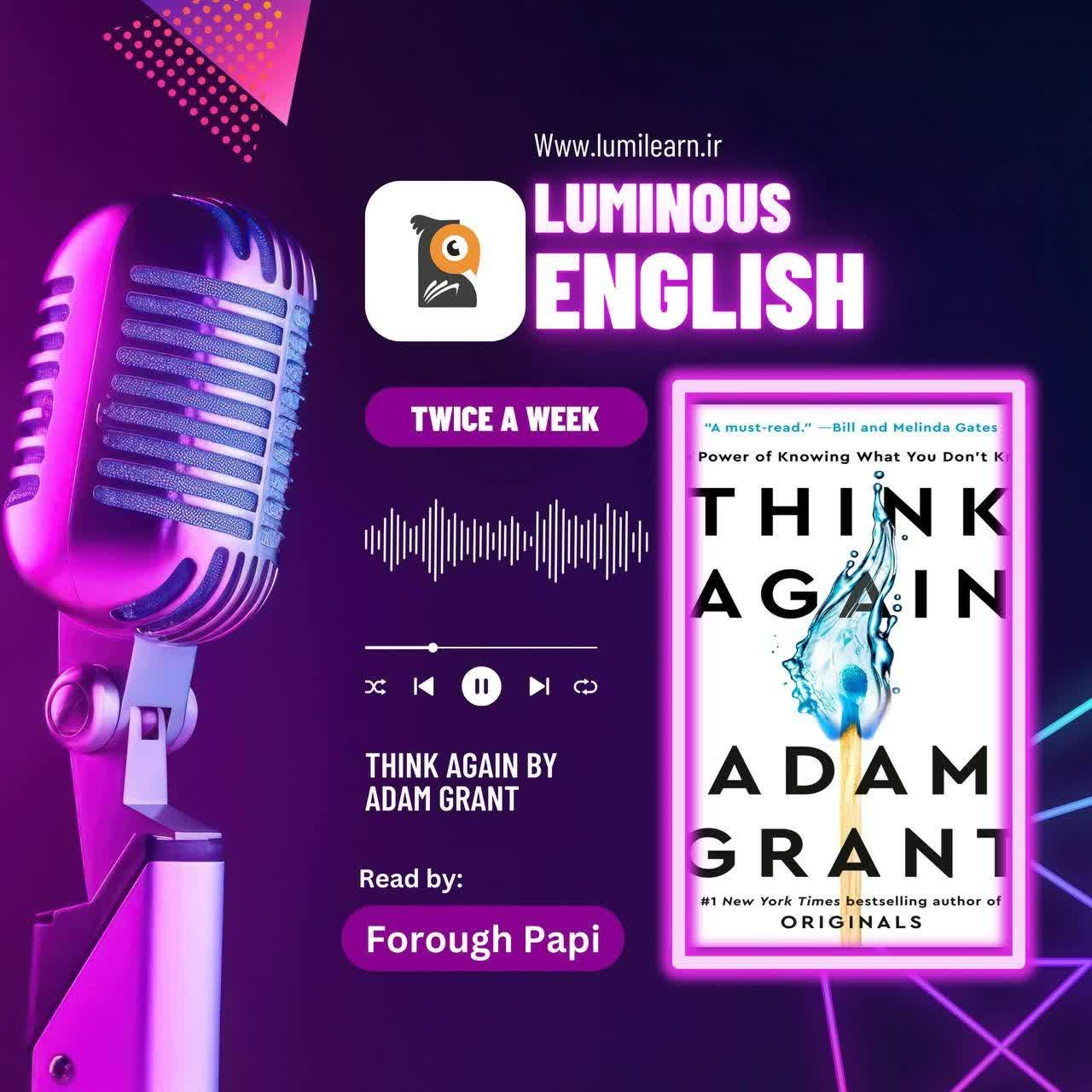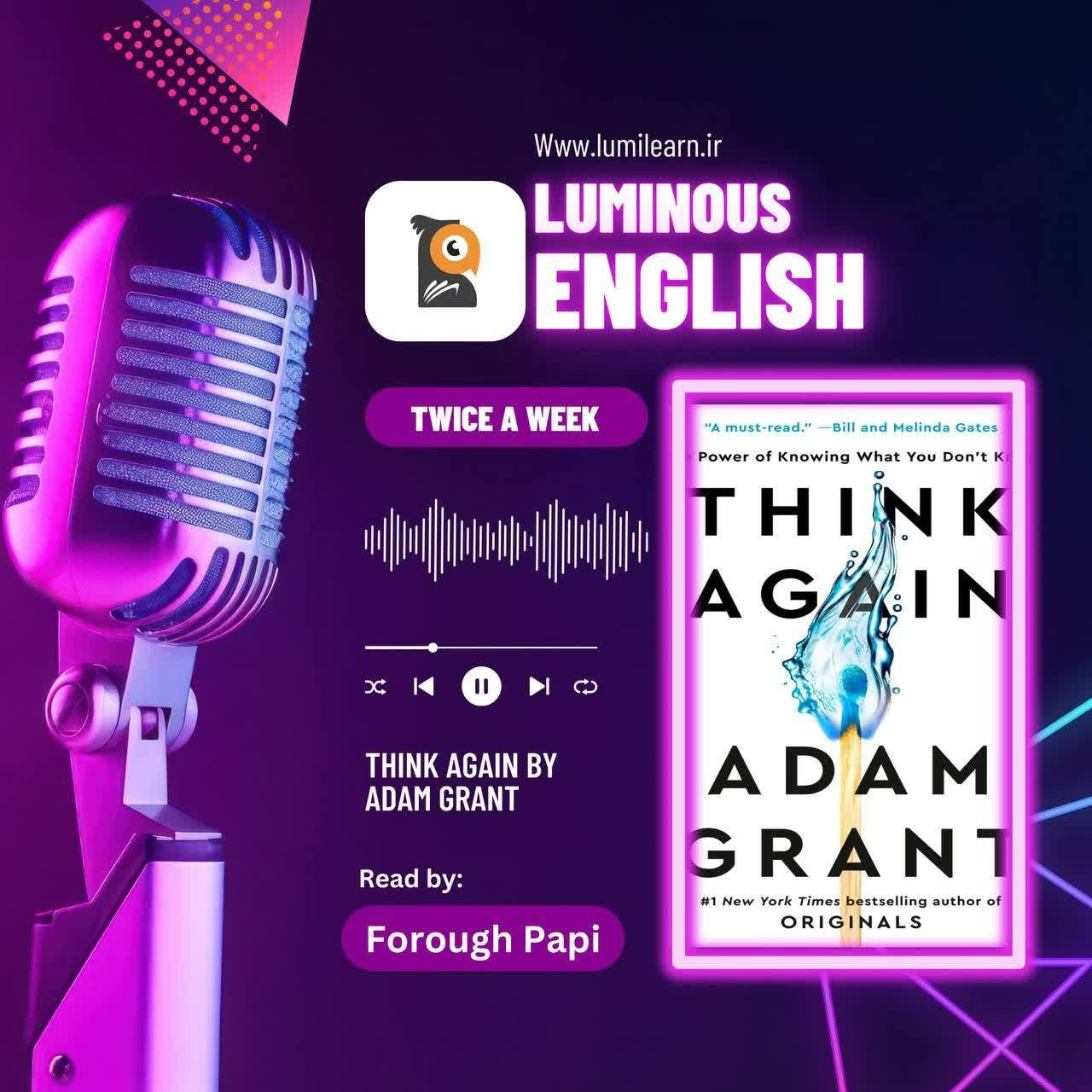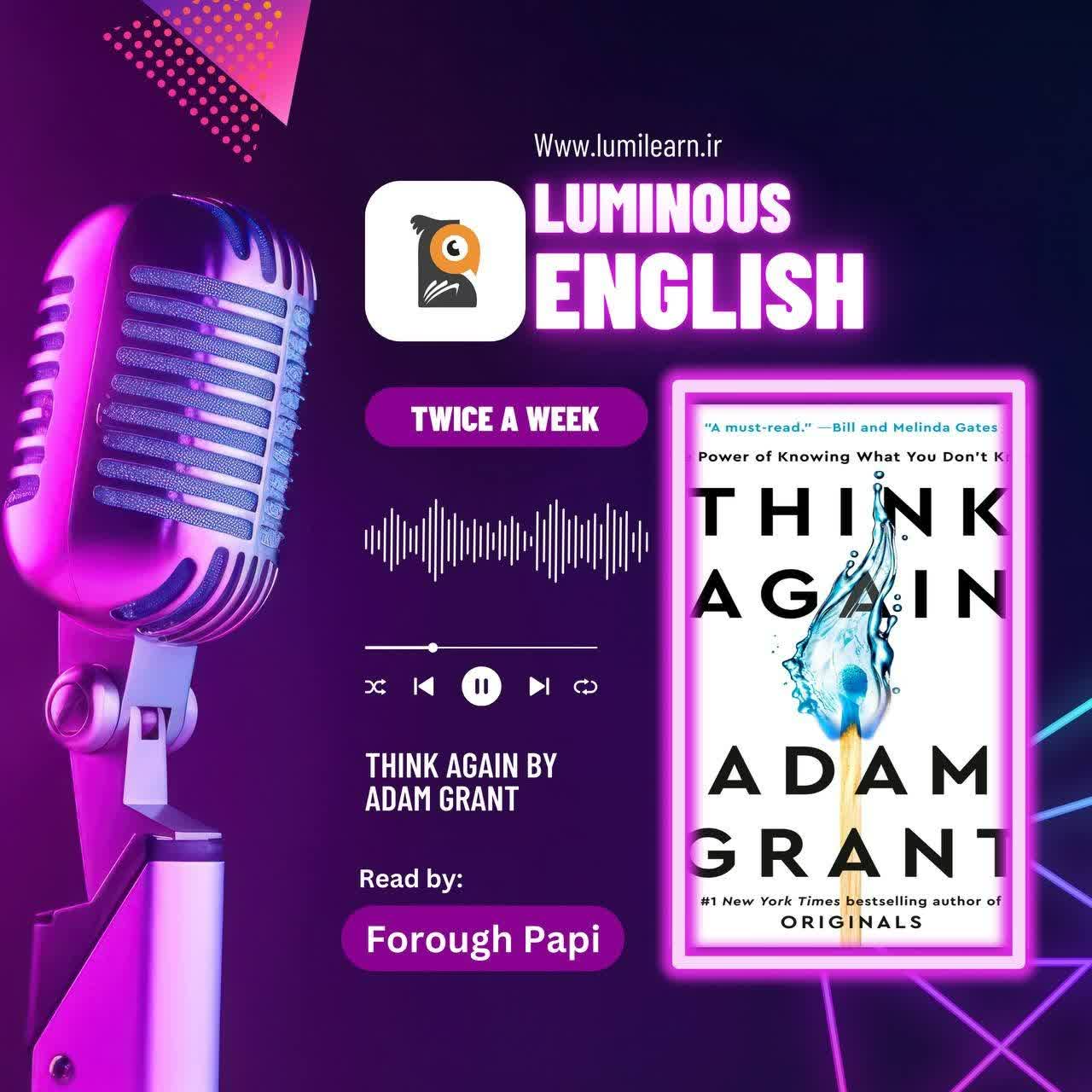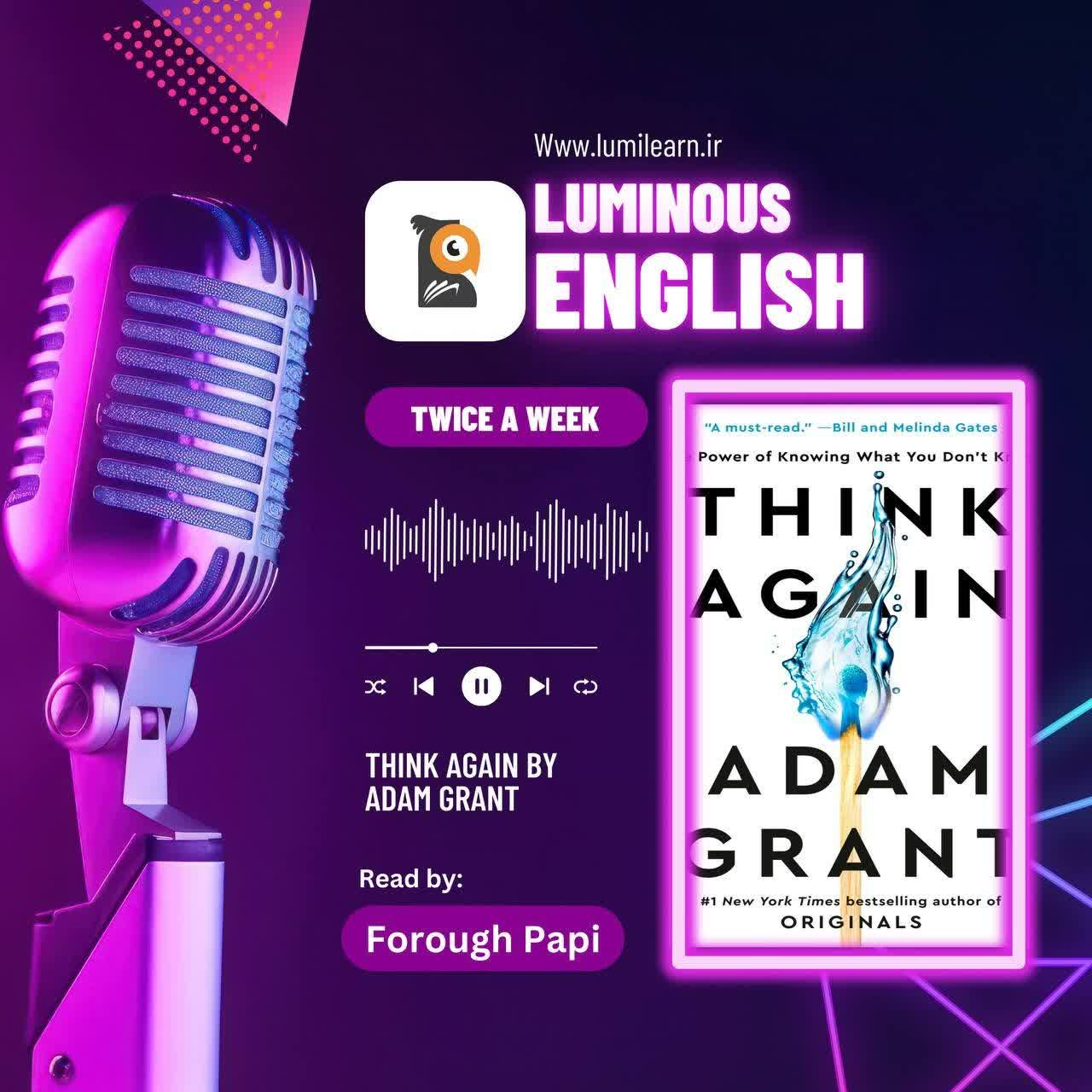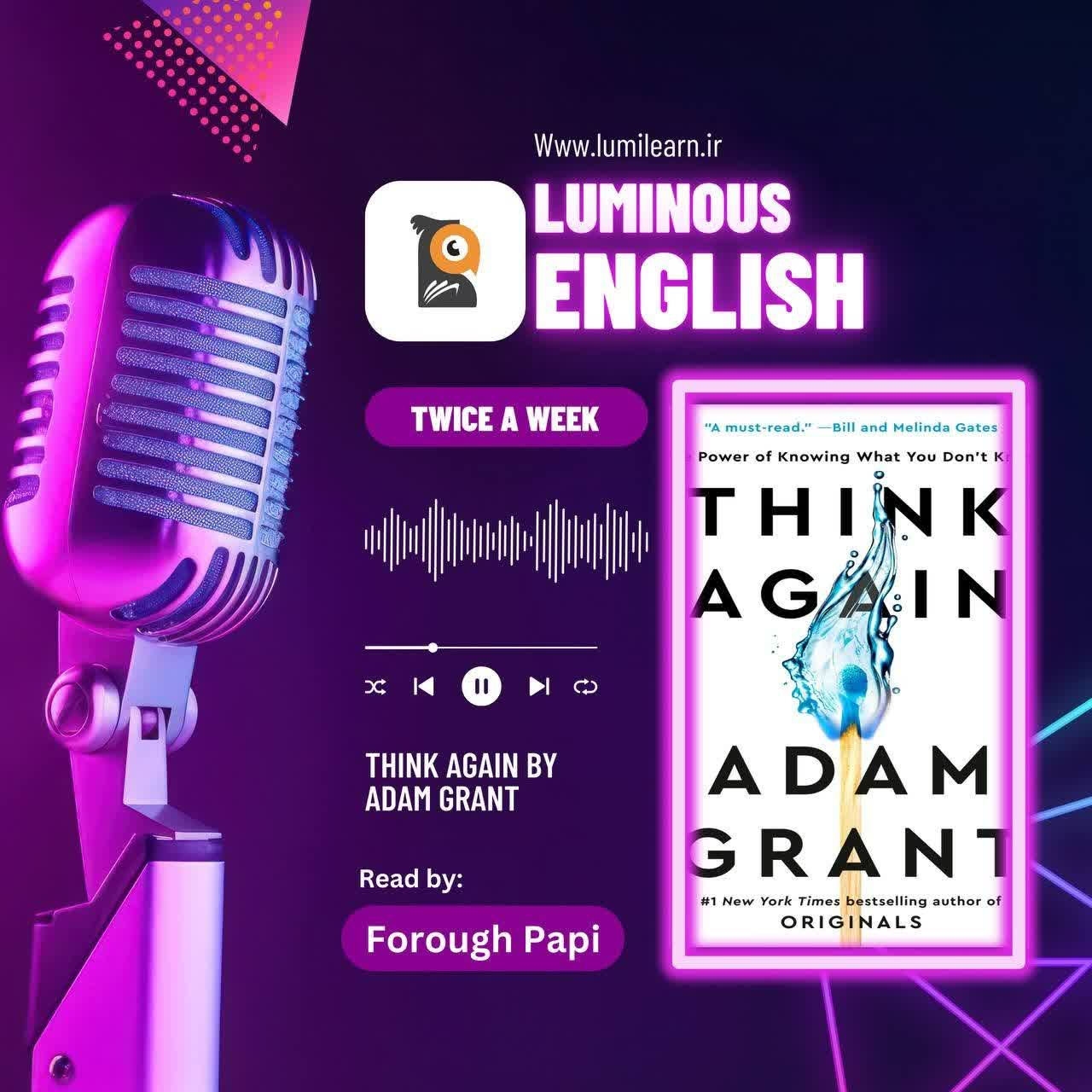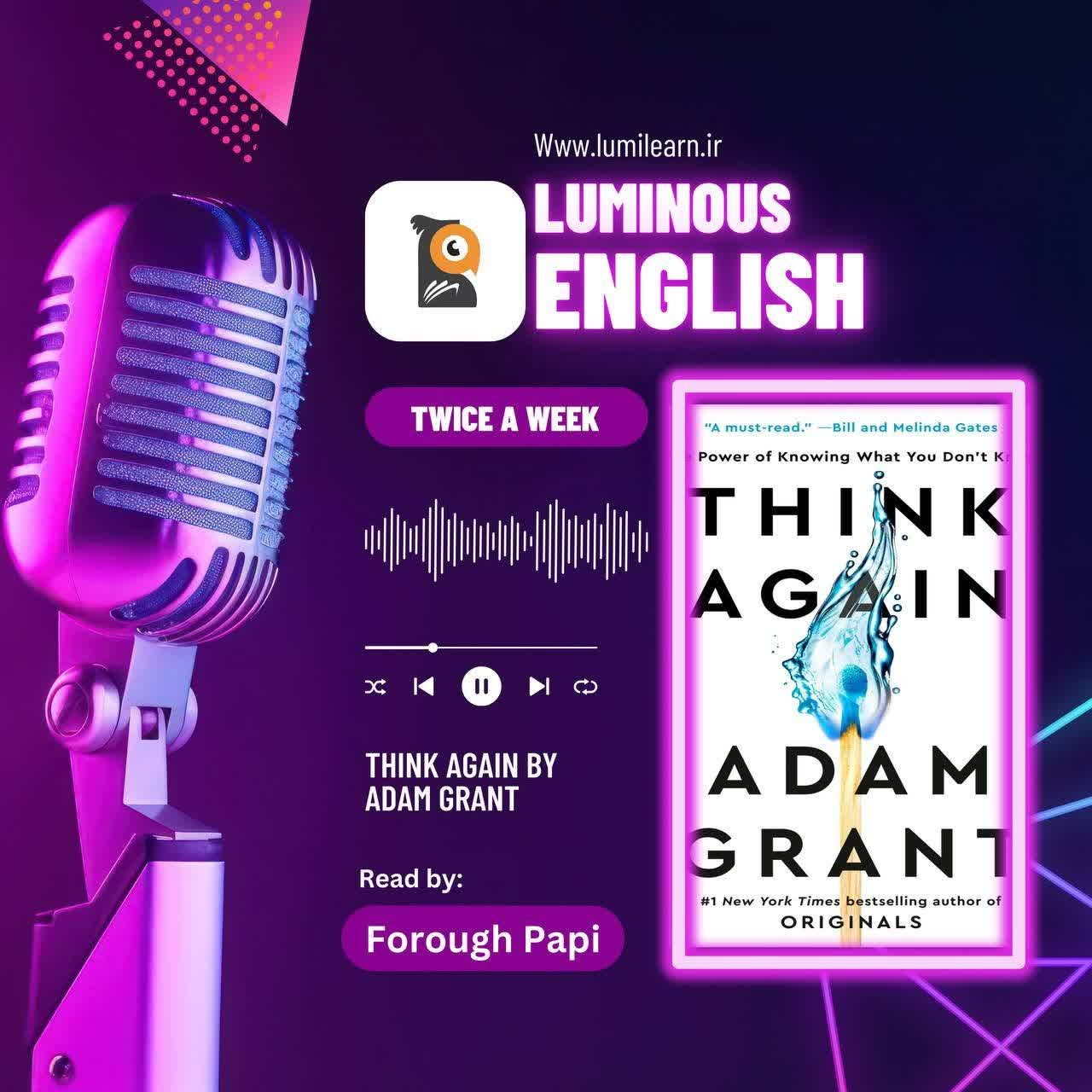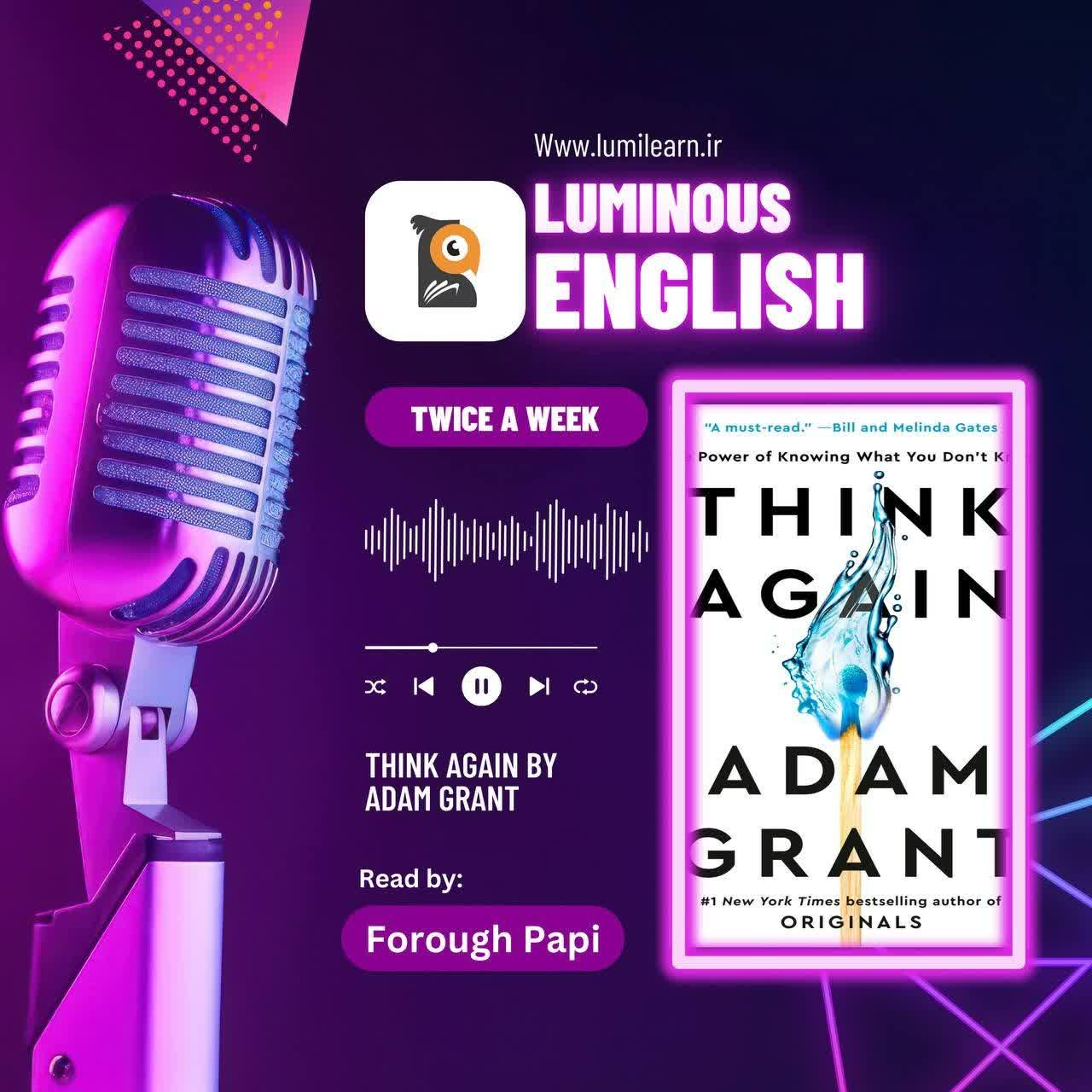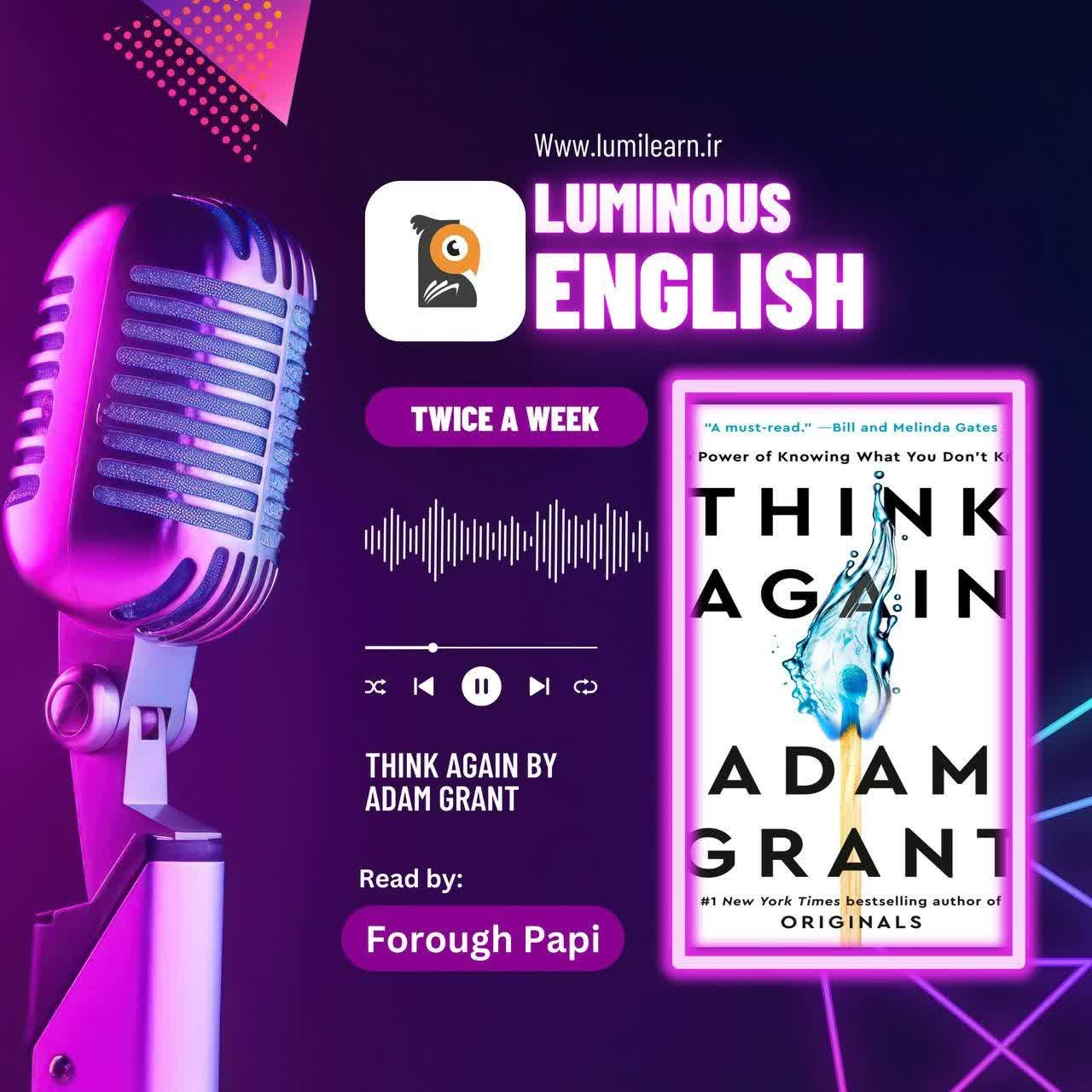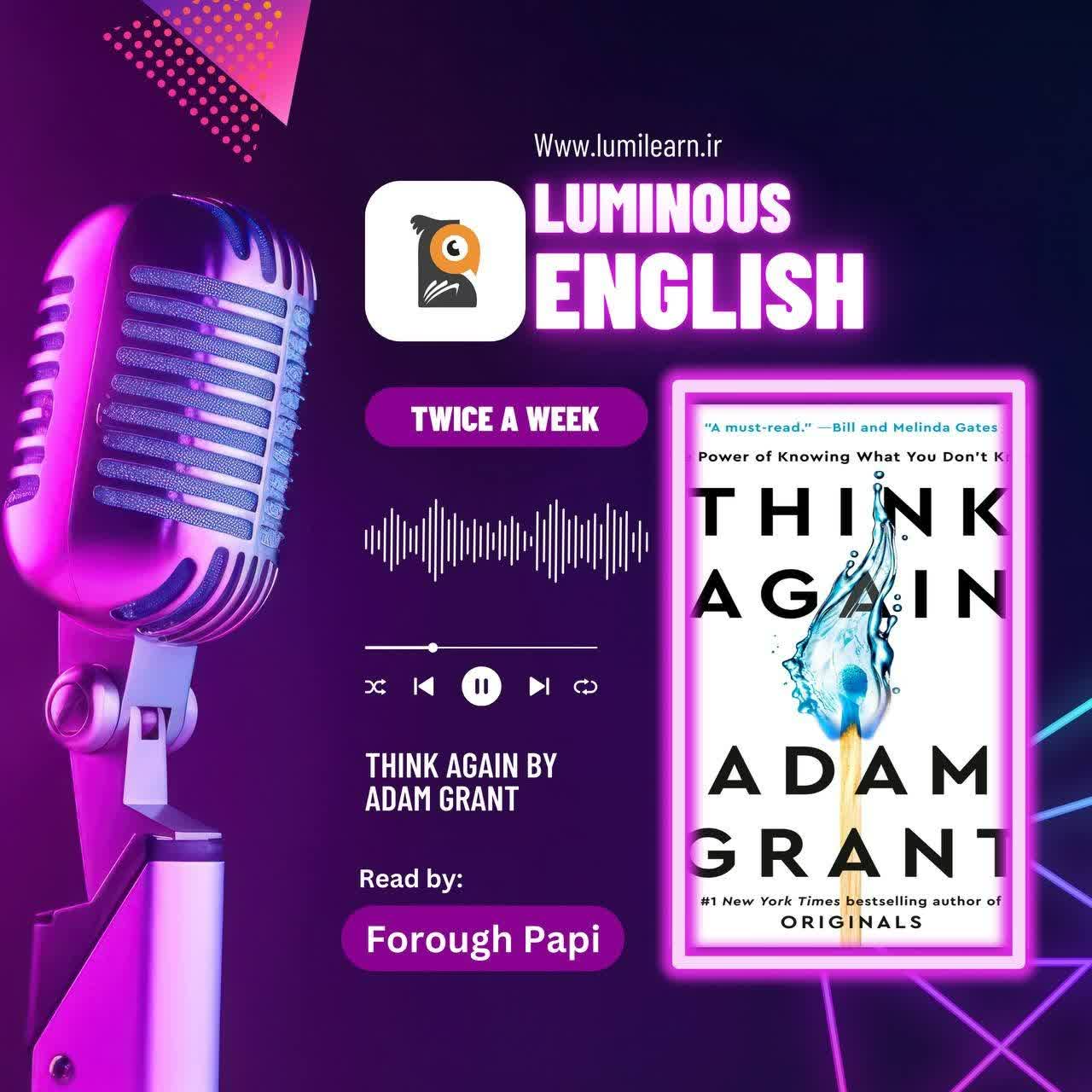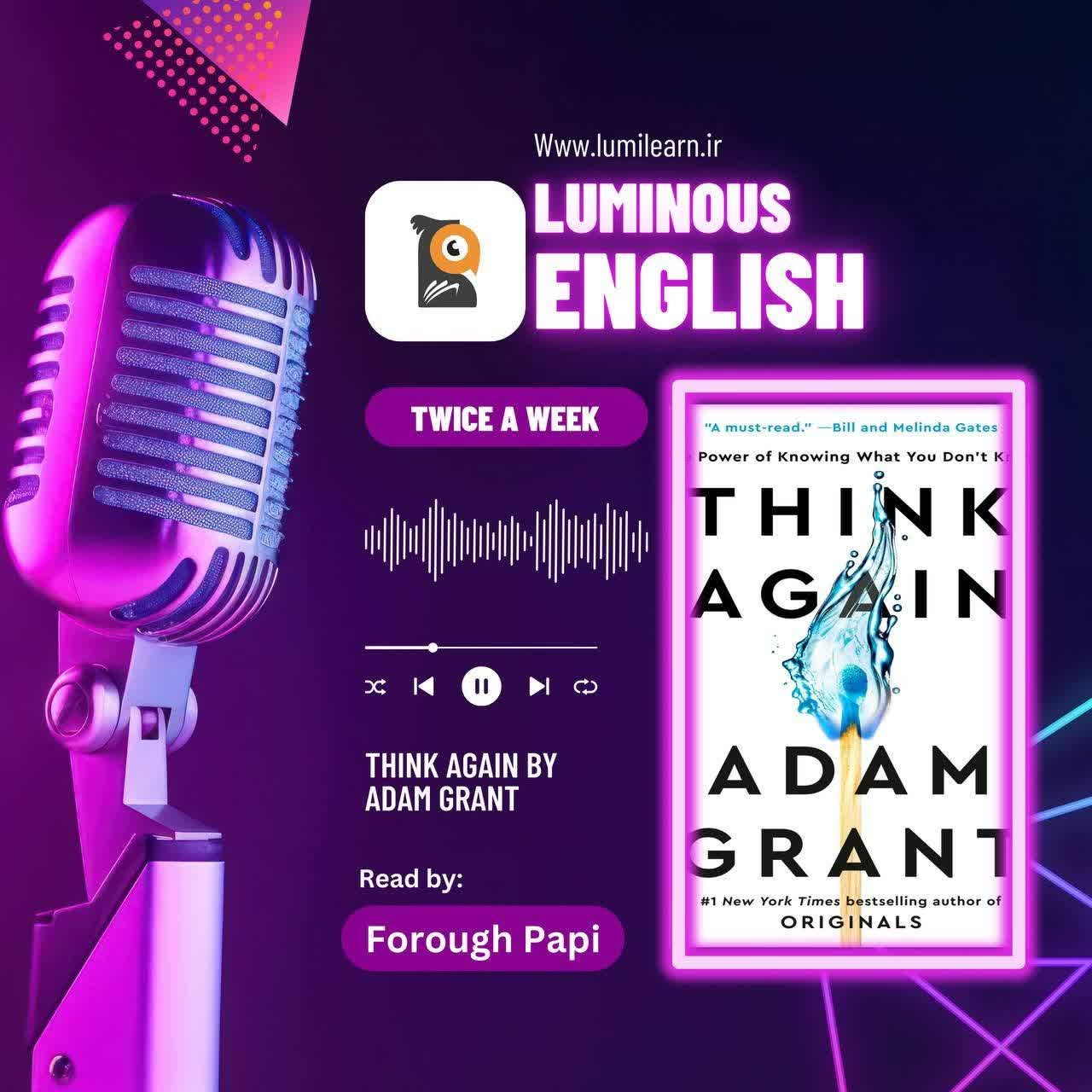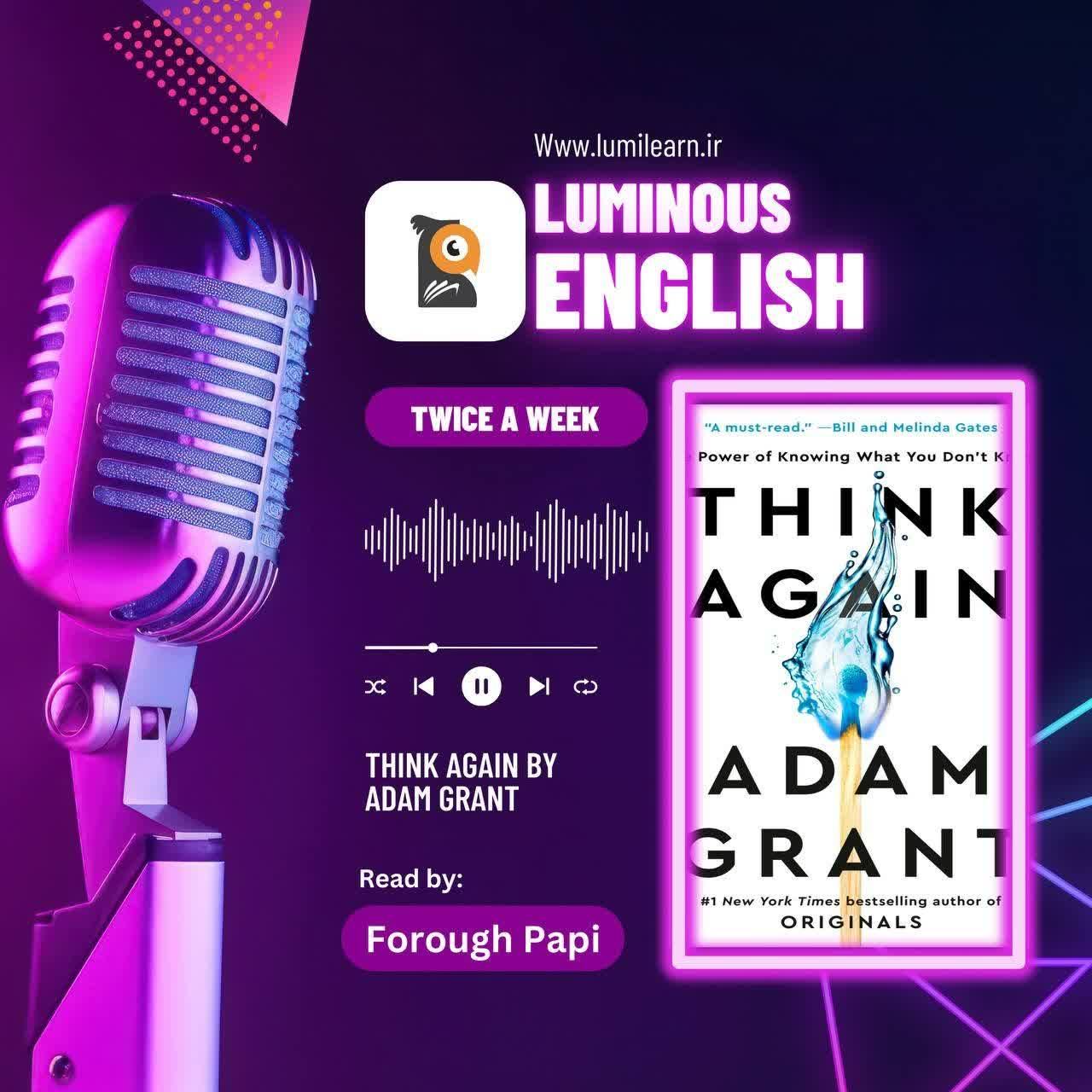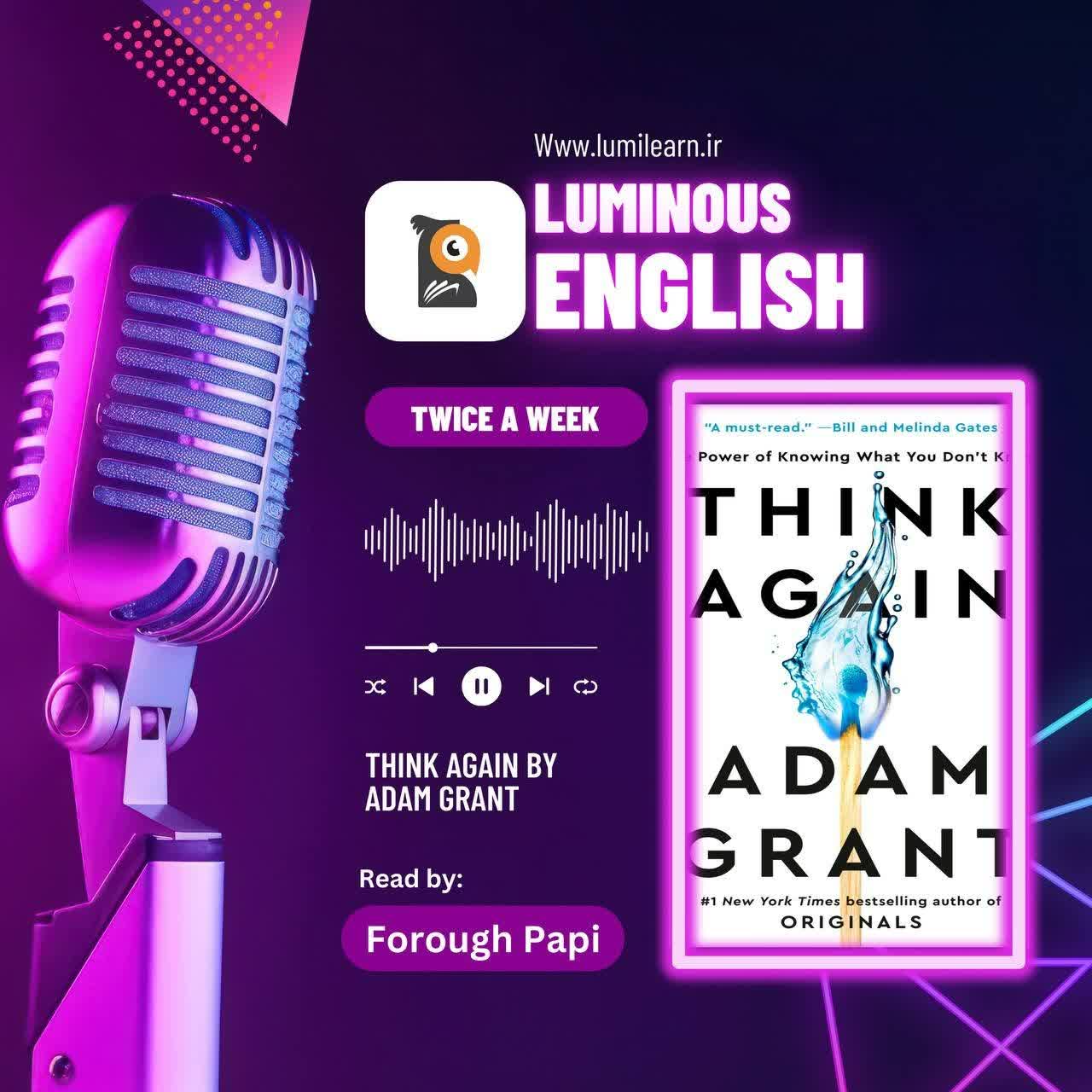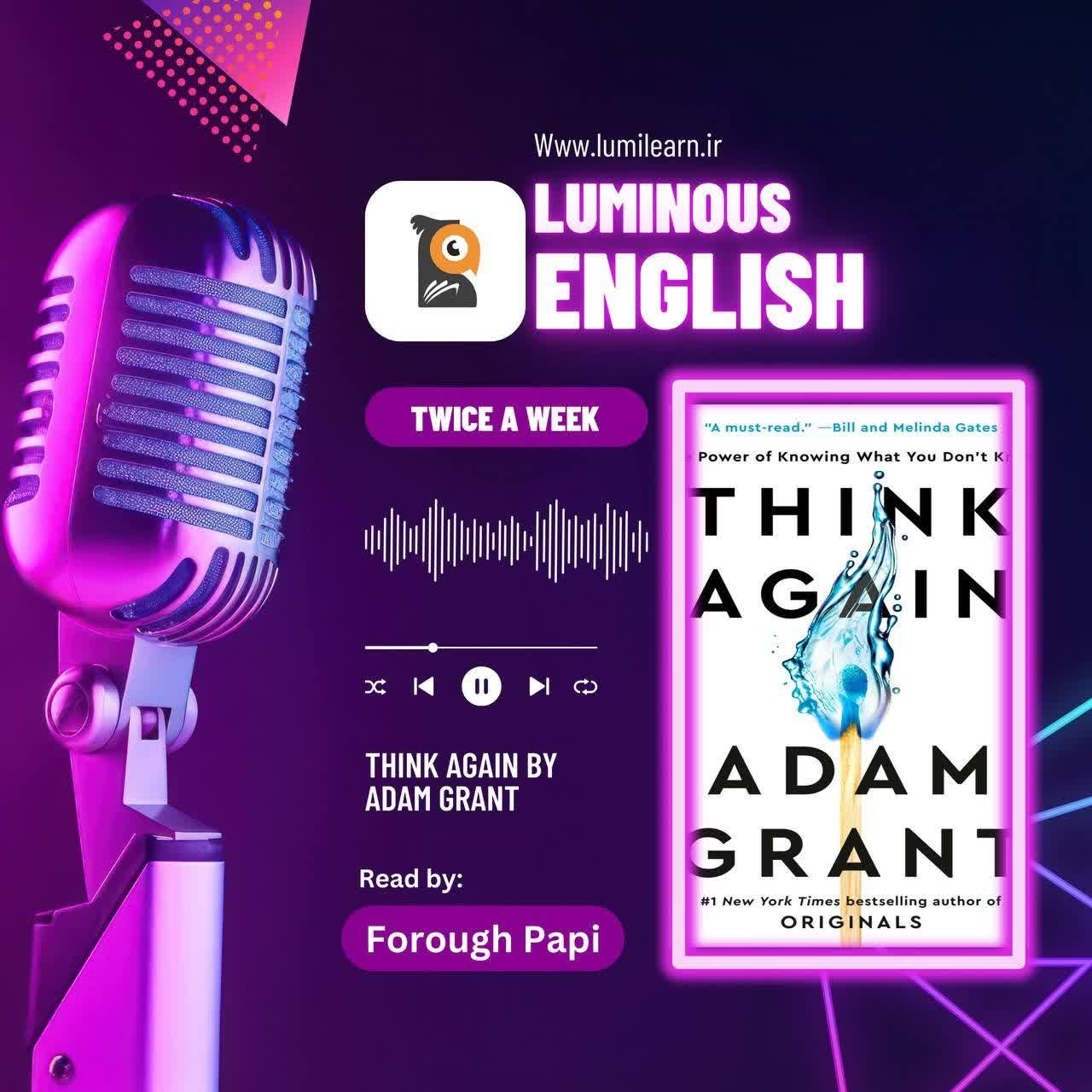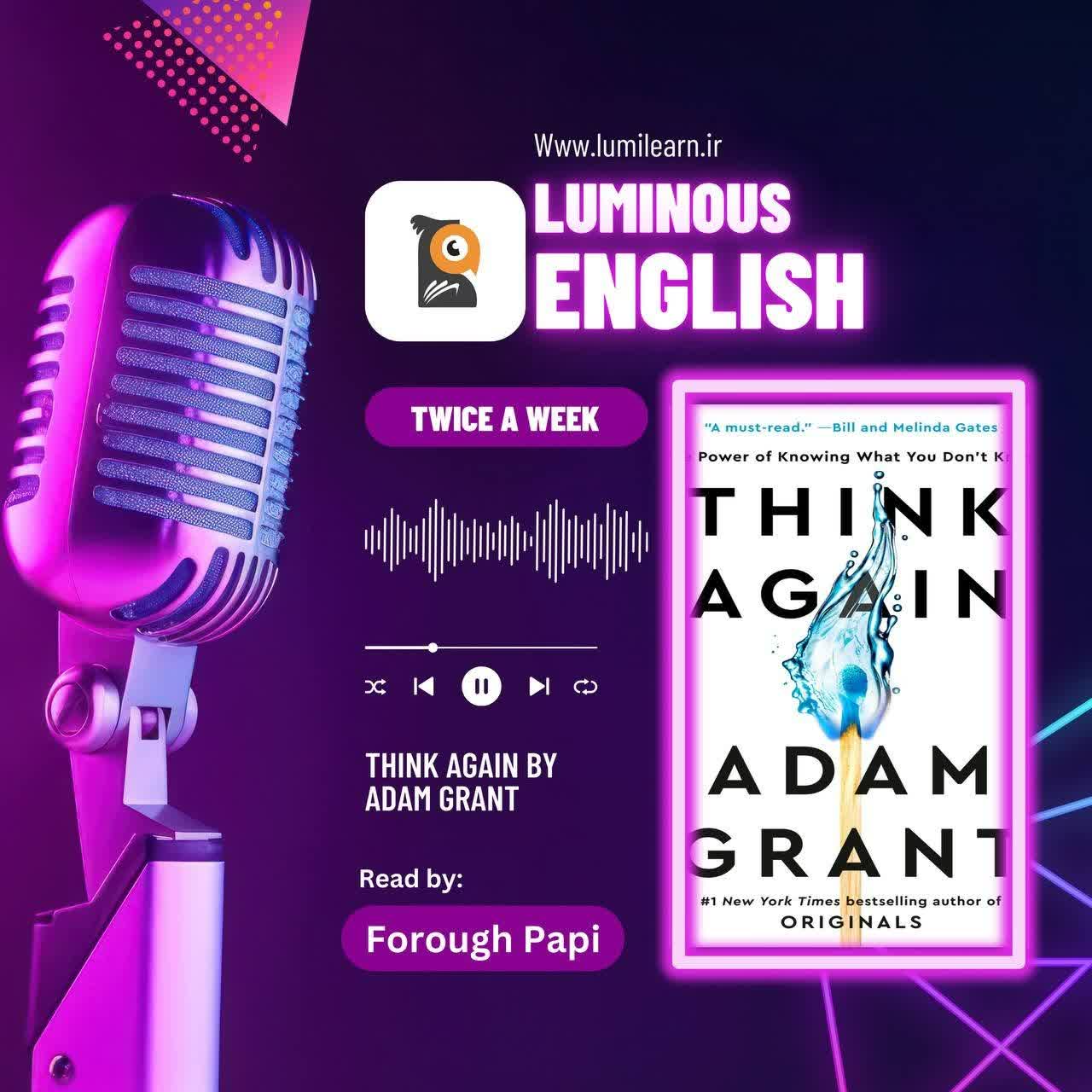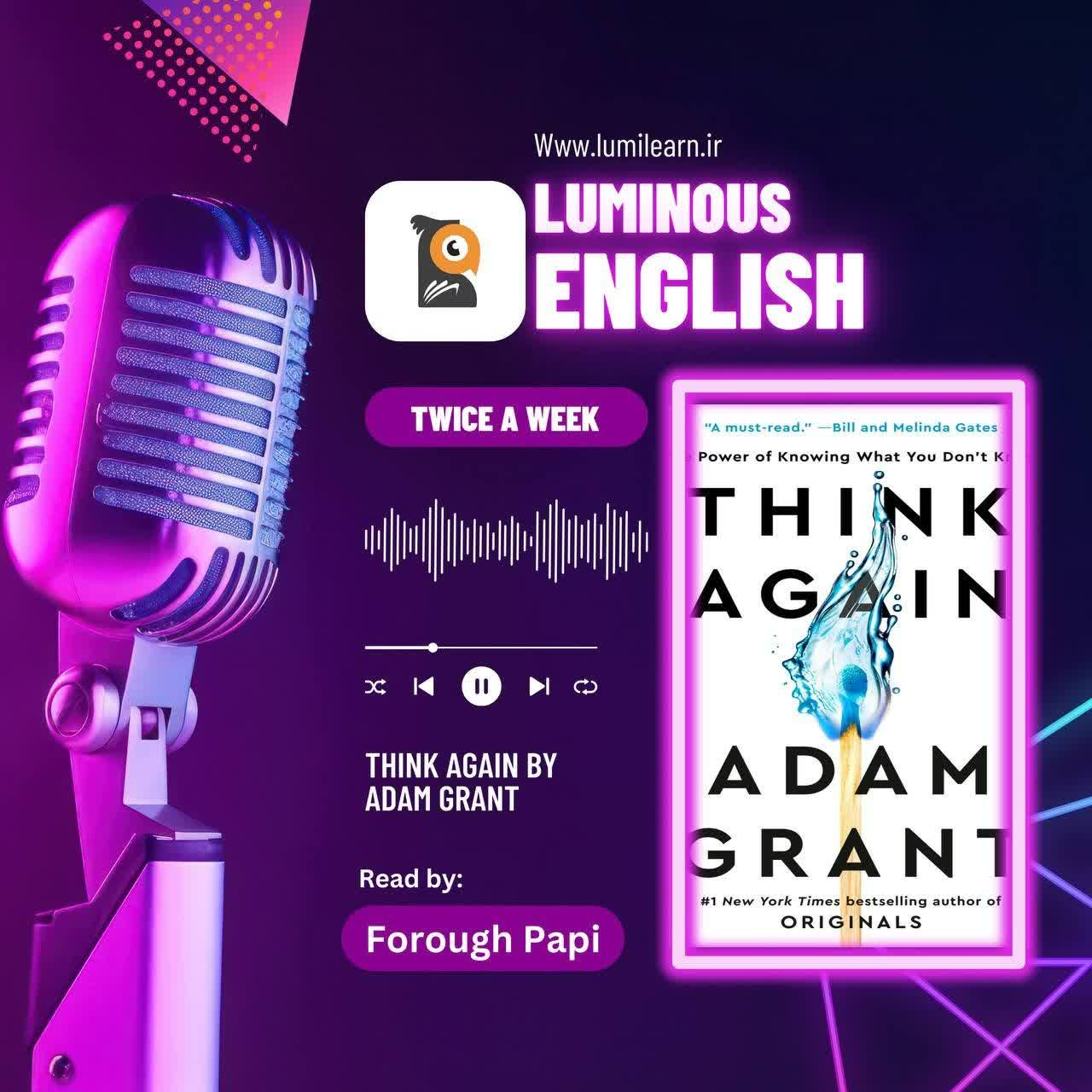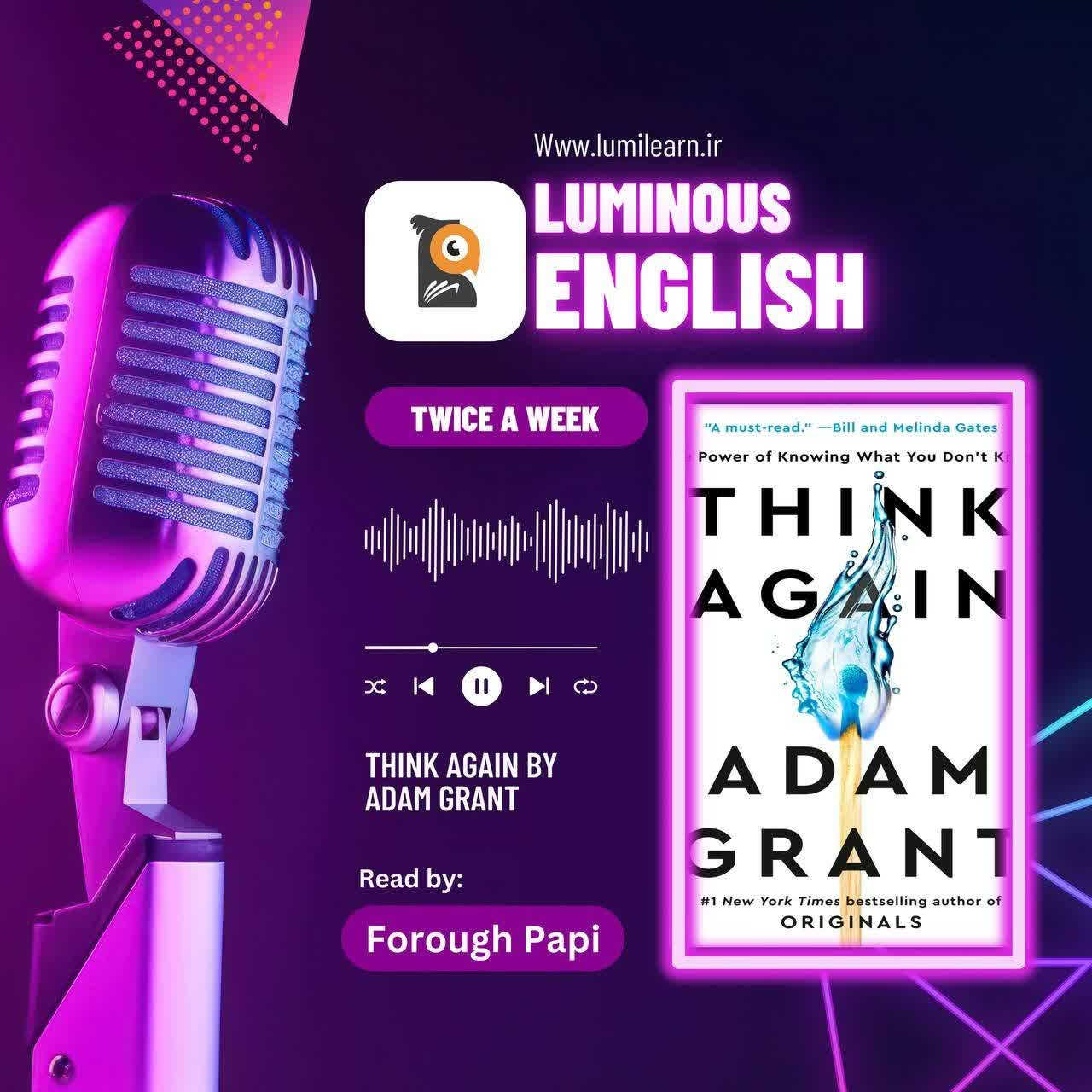Think Again-Day52
Description
All in all, more than a hundred studies have examined conflict
types in over eight thousand teams. A meta-analysis of those studies
showed that relationship conflict is generally bad for performance,
but some task conflict can be beneficial: it’s been linked to higher
creativity and smarter choices. For example, there’s evidence that
when teams experience moderate task conflict early on, they
generate more original ideas in Chinese technology companies,
innovate more in Dutch delivery services, and make better decisions
in American hospitals. As one research team concluded, “The
absence of conflict is not harmony, it’s apathy.”
Relationship conflict is destructive in part because it stands in
the way of rethinking. When a clash gets personal and emotional, we
become self-righteous preachers of our own views, spiteful
prosecutors of the other side, or single-minded politicians who
dismiss opinions that don’t come from our side. Task conflict can be
constructive when it brings diversity of thought, preventing us from
getting trapped in overconfidence cycles. It can help us stay humble,
surface doubts, and make us curious about what we might be
missing. That can lead us to think again, moving us closer to the
truth without damaging our relationships.
Although productive disagreement is a critical life skill, it’s one
that many of us never fully develop. The problem starts early:
parents disagree behind closed doors, fearing that conflict will make
children anxious or somehow damage their character. Yet research
shows that how often parents argue has no bearing on their
children’s academic, social, or emotional development. What matters
is how respectfully parents argue, not how frequently. Kids whose
parents clash constructively feel more emotionally safe in elementary
school, and over the next few years they actually demonstrate more
helpfulness and compassion toward their classmates.
کانال خلاصه کتاب (https://t.me/luminous_bookclub)
کانال موزیک (https://t.me/luminous_music)
کانال مکالمات روزمره (https://t.me/foroughpapi)
📱 پیج اینستاگرام: Luminous__english
Castbox channel: luminous english
📚هایلایت قسمت 52 کتاب Think Again
✅ All in all: Considering everything, در کل / مجموعاً
✅ Meta-analysis: A study that combines the results of many studies, فراتحلیل
✅ Relationship conflict: Personal or emotional disagreement between people, تعارض رابطهای / اختلاف شخصی
✅ Task conflict: Disagreement about the work or tasks, تعارض کاری / اختلاف وظیفهای
✅ Linked to: Connected or associated with, مرتبط با
✅ Original ideas: New and creative thoughts, ایدههای نو / خلاقانه
✅ Make better decisions: Choose more wisely, تصمیمات بهتری گرفتن
✅ The absence of conflict: When there is no conflict, نبود تعارض
✅ Harmony: Peaceful agreement, هماهنگی / سازگاری
✅ Apathy: Lack of interest or concern, بیتفاوتی
✅ Clash gets personal: A disagreement turns into a personal fight, دعوا شخصی شدن
✅ Self-righteous: Believing one is morally right and superior, خودحقپندار / خودبرحقبین
✅ Spiteful prosecutors: People who attack others out of bitterness, دادستانهای کینهتوز / افراد کینهجو
✅ Single-minded politicians: People who only push their own agenda, سیاستمداران یکدنده
✅ Dismiss opinions: Reject others’ views, نادیده گرفتن نظرات
✅ Diversity of thought: Having different ways of thinking, تنوع فکری
✅ Overconfidence cycles: Repeated patterns of being too sure of oneself, چرخههای اعتماد به نفس کاذب
✅ Surface doubts: Bring up or express doubts, بروز دادن تردیدها
✅ Think again: Reconsider, دوباره فکر کردن
✅ Productive disagreement: A useful and constructive argument, اختلاف سازنده
✅ Critical life skill: An essential ability for life, مهارت حیاتی زندگی
✅ Behind closed doors: In private, پشت درهای بسته / پنهانی
✅ Has no bearing on: Has no effect or influence on, تأثیری ندارد بر
✅ Clash constructively: Argue in a useful and respectful way, دعوا یا اختلاف سازنده داشتن
✅ Feel emotionally safe: To feel secure in expressing emotions, احساس امنیت عاطفی داشتن
✅ Demonstrate helpfulness and compassion: Show kindness and care, مهربانی و دلسوزی نشان دادن

